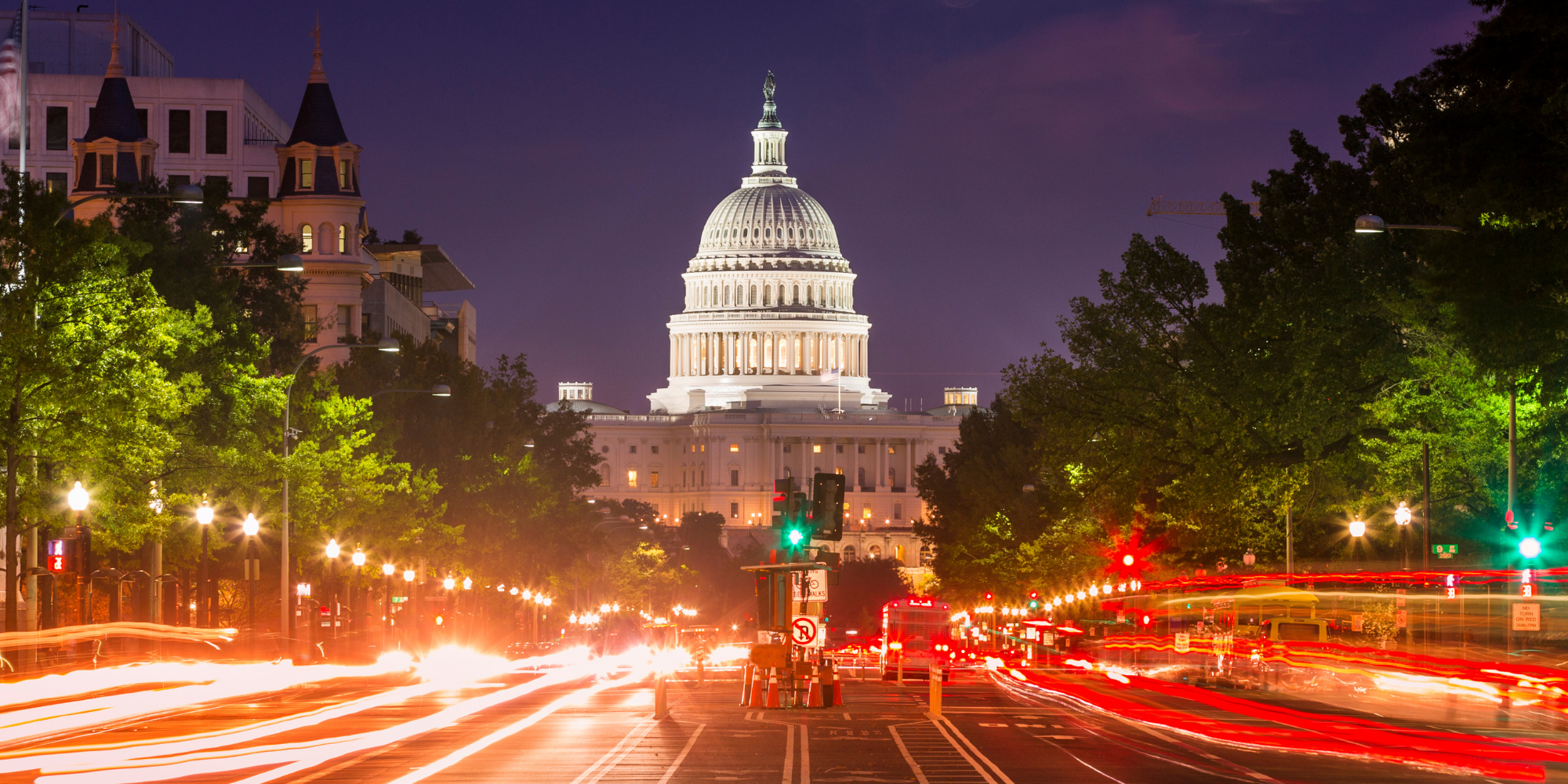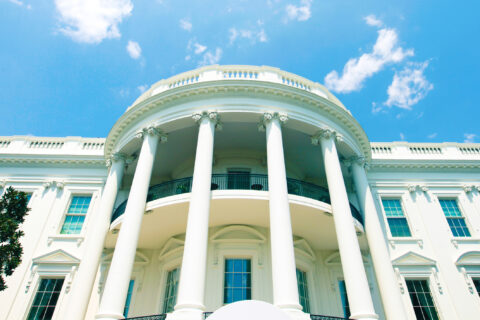On October 28, the White House released a new framework for the Build Back Better Act (BBBA). After several months of negotiations between President Biden and House and Senate leaders, the revised framework includes nearly $2 trillion in funding. Throughout this process, NLC has championed key priority areas and programs that would have the greatest impact in cities, towns and villages across the country. The framework prioritizes several of these key areas, including workforce development, combating climate change and housing affordability.
Read NLC CEO and Executive Director Clarence E. Anthony’s statement on the framework here.
Workforce Development

With $40 billion in overall funding directed towards higher education and workforce development programs, the BBBA framework increases the Department of Labor’s annual spending on workforce development by 50% for the next five years. This is a historic investment that looks to close the gap in federal funding for workforce development that has been cut by nearly 40% over the last two decades. Importantly, the framework increases the maximum Pell Grant by $550 and expands access to the program for Dreamers. It also invests in the critical training needed to meet local labor market demands by supporting community college programs, sector-based training, and registered apprenticeships. The BBBA framework will allow local workers to invest in the skills needed to access the jobs that will support local economic growth. Congress will need to continue this investment in the coming years to truly address labor market conditions at-scale.
Combating Climate Change

With an overall funding level of $555 billion, addressing climate change, building community resilience and investing in clean energy is the biggest priority in the Build Back Better Act. As COP26 gets underway in Glasgow, Scotland, the framework puts the U.S. in a strong position to demonstrate a serious commitment to reducing greenhouse gas emissions across buildings, transportation, industry, electricity, agriculture, and climate-smart practices across lands and waters. The framework includes:
- Civilian Climate Corps – A new program to help communities tackle the climate crisis by training and providing jobs for young people, veterans and others in clean energy, sustainable/resilient infrastructure, conservation, resource management and the outdoor recreation economy. This program is a key local government priority.
- Resilience Investments – Investments and incentives to address extreme weather (wildfires, droughts, and hurricanes, including in forestry, wetlands, and agriculture) and legacy pollution in communities.
- Clean Energy Tax Credits – Ten-year expanded tax credits for utility-scale and residential clean energy, transmission and storage, clean passenger and commercial vehicles, and clean energy manufacturing.
Housing Affordability

Funding for affordable housing is among the targeted investments identified in the framework for strengthening the middle class and fostering greater economic mobility into the middle class. The $150 billion for housing stability in the bill is forecast to bring about the construction, rehabilitation, and restoration of more than 1 million affordable homes, which will boost the supply of affordable housing units nationwide, including in rural communities, and reduce price pressures for renters and homeowners.
Specifically, funding will be allocated to the construction of affordable housing, significantly expanding rental assistance for low-income households, down payment assistance for first-time and first-generation homebuyers, and making public housing healthy and livable by bringing units up to code. The bill would also enact a new competitive grant program for local governments to voluntarily undertake modernization efforts of local land use and zoning ordinances that impact housing affordability and availability.

Technical Assistance
Funding for technical assistance to local governments has been retained in the slimmed-down package. The new Rural Partnership Program will make grants available to rural localities and regions through the United States Department of Agriculture office of Rural Development. Funding under the program is intended to reach small and rural communities that are often excluded from other federal grant opportunities. The program will offer multi-year, flexible funding designed to support long-term investments for community-driven rural development.
Additional Provisions
The BBBA framework contains other key provisions that will have an impact on communities rebounding from the pandemic, including:
- $400 billion in investments in child care and early childhood including Universal Preschool for all 3-and 4-year-olds and expanded access to high-quality child care.
- $150 billion to support care for those caring for older Americans or people living with disabilities in their homes.
- Extension of the American Rescue Plan Act’s Child Tax Credit and expansion of the Earned Income Tax Credit.
- Expanded free school meals program as well as increased support for summer meals.
Pay-Fors
The BBBA is fully paid for, with the total pay-fors equaling $1.995 trillion. The legislation primarily raises revenue by imposing new taxes on select corporations and the wealthiest Americans. The key pay-fors in the bill are:
- New 15% minimum tax on corporations with book profits, what are reported to shareholders, of more than $1 billion. If a corporation reports to shareholders that it made more than a billion, it will be subject to this tax.
- 15% global minimum tax. This is designed to ensure that jobs and profits are not shipped abroad to countries with low tax jurisdictions.
- The wealthiest Americans will face a new rate and surtax. For those with an income of $10 million or more, a new 5 percent rate would apply to that income. And for those with an income above $25 million, an additional 3 percent surtax would be added.
- The Internal Revenue Service (IRS) has been underfunded and understaffed for years. As a result, the IRS does not have the resources or the employees to effectively enforce tax rules on more complex tax returns. This has resulted in audits of high-income earners decreasing by 60% over the past decade. This legislation will provide the IRS with greater resources for enforcement. The focus of the enforcement will be those with the highest incomes, not Americans making less than $400,000.
Next Steps
Following the release of the revised framework, Congressional leaders also released the legislative text. The timing of votes on IIJA and BBBA remains in flux, but Congress will have to act before Oct. 31 to prevent the surface transportation programs from expiring.
Take Action
Now is the time to let Congress know how these bills will impact your community and to urge them to vote YES on supporting programs that will drive local economic recovery.









